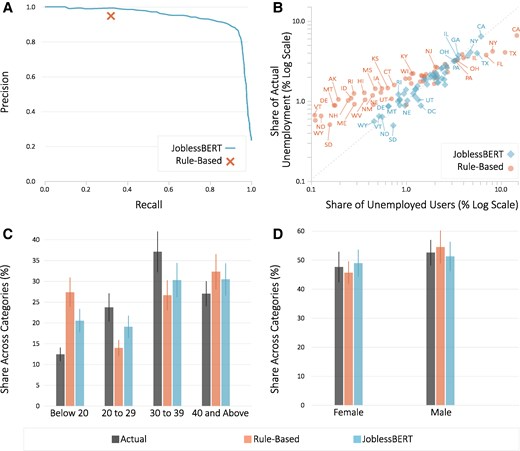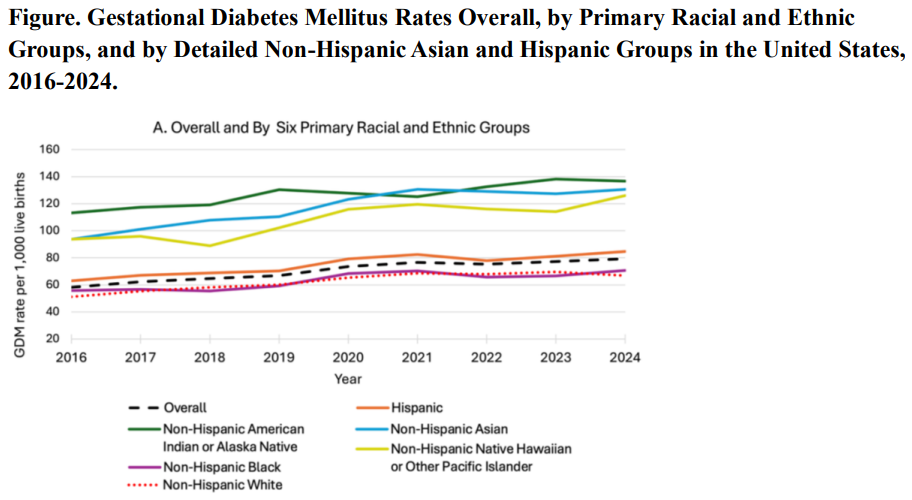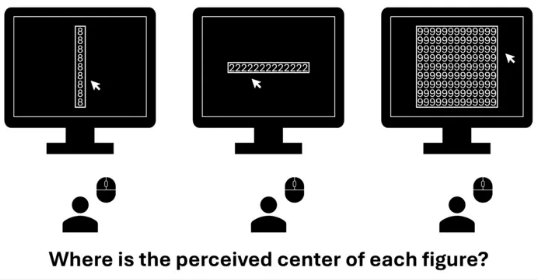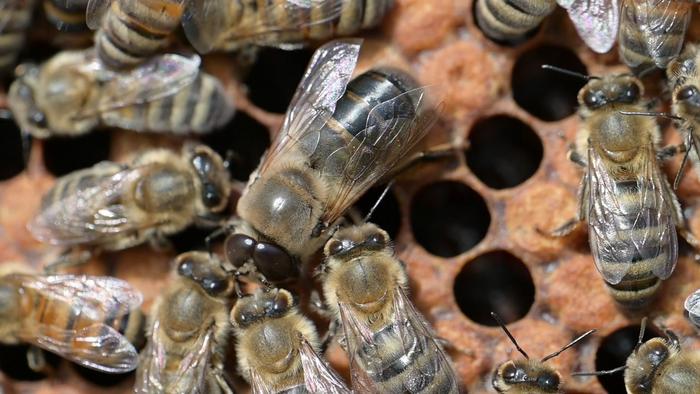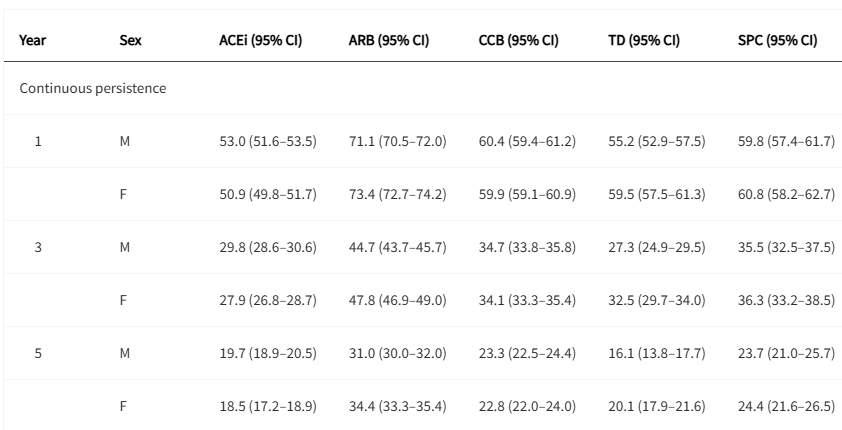Government unemployment data today are what Nielsen TV ratings were decades ago - a flawed metric only believed if you like what they show. Government unemployment data take too long, like the CDC for the last 15 years needs six weeks to tell the public if lettuce has E. coli, and it only measures people getting paid through unemployment insurance. Once that runs out, to the government they are suddenly employed again.
Gestational diabetes, a form of glucose intolerance during pregnancy, occurs primarily in women who already had obesity and added more weight. It not only carries immediate pregnancy risks but increases the chance of future heart disease for both the mother and the child.
And it has gone up every year since 2016, according a new analysis of more than 12 million U.S. births from the National Center for Health Statistics; up 36 percent during the study period. Pregnancy is simply a trigger for something likely to happen eventually, due to poor energy balance among more women. They eat far more than they burn with exercise, which leads to weight gain and risks of many lifestyle diseases only exceeded by alcohol and cigarettes.
Researchers recently studied the relationship between numerical information in our vision, and how it affects our perception of space - and discovered subtle asymmetries that color our view on the world.
They wanted to see if numbers in our vision create “attentional biases” so volunteers were asked to identify the center of lines and squares filled with numbers. It showed how our perception of space is a complex interplay between “object-based” processing and our processing of numerical information.
Bees have the reputation of being incredibly organized and spending their days making sure our food ecosystem is functioning. Neither is accurate. Unless you are an almond farmer in California and rented bees that were delivered in giant trucks, they have no impact on your food, and they are also not working non-stop for the hive.
Instead, they may be genetically wired to beg for food.
Male bees -“drones” - actually cannot digest pollen, the most important source of protein for bees. To avoid starvation, they depend on worker bees feeding them a pre-processed paste that workers make from pollen. It's not a communist love-fest, though, drones instead must convince workers to provide the food.
Over time, they evolved to be able to beg.
While 2025 will arguably not be remembered as a very positive year for humankind, for many reasons - first and foremost, raging wars and raising inequalities -, as we near its end some have tried to find good things to say about this particular revolution of our planet around the Sun.
And who am I to blow against the wind? I have to tell you, 2025 for me has been a formidable year. But before I go into a list of achievements, let me paint this rosy picture in broad strokes.
Professional achievements
You’re in your mid-40s, eating healthy and exercising regularly. It’s the same routine that has worked for years.
Yet lately, the number on the scale is creeping up. Clothes fit differently. A bit of belly fat appears, seemingly overnight. You remember your mother’s frustration with the endless dieting, the extra cardio, the talk about “menopause weight.” But you’re still getting your periods. Menopause should be at least half a decade away.
So what’s really going on?
High blood pressure is an important risk factor for developing cardiovascular disease and premature death. Medication can reduce those risks so it makes sense that if someone is prescribed an angiotensin receptor blocker like Losartan continue to take it.
Yet people don't.
A new cohort from Sweden using over 341,000 participants found that fewer than half were on their medication up to three years later. It can't be cost, their health care is overwhelmingly subsidized. It may be side effects.
The Monday after New Year's is colloquially called Divorce Day, but it's more than marriages ending. Lots of people in longer relationships, and certainly seasonal holidates, just want to get through the holidays before pulling the plug. That Monday this year is January 5th.
Alone may be better, something better may be out there as well, but it may also be the case that one or both people simply have unrealistic expectations that their TV movie fantasy should be reality.
Christmas can be hard. For some people, it increases loneliness, grief, hopelessness and family tension, and the festive season has a way of turning ordinary concerns into urgent ones. Not because something terrible is guaranteed to happen, but because more is often at stake: money, time, family dynamics, travel and expectations.
A large study found a small but consistent dip in people’s wellbeing in the run-up to Christmas. One psychological process that often shows up under this pressure is worry.

A small, icy moon of Saturn called Enceladus is one of the prime targets in the search for life elsewhere in the solar system. A new study strengthens the case for Enceladus being a habitable world.
The data for those new research findings comes from the Cassini spacecraft, which orbited Saturn from 2004-2017. In 2005, Cassini discovered geyser-like plumes of water vapor and ice grains erupting continuously out of cracks in Enceladus’ icy shell.
